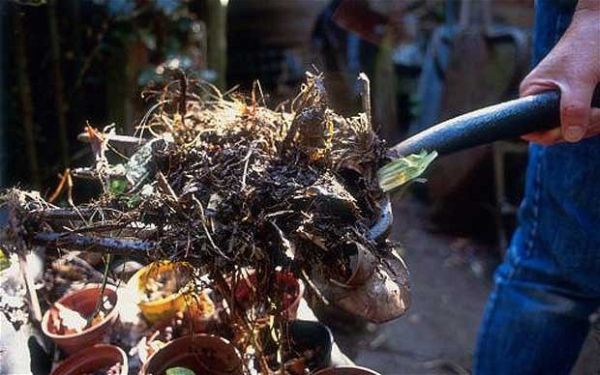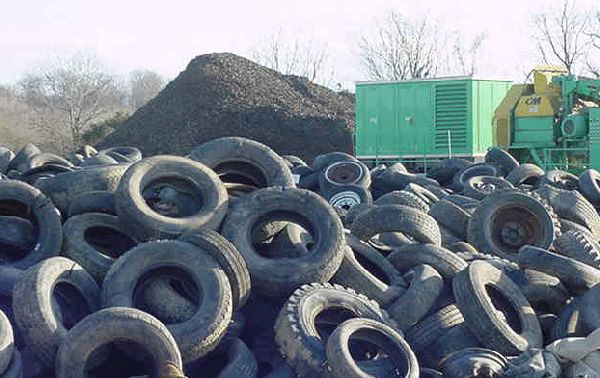As if pelting polar ice caps and rising sea levels weren’t enough, climate change appears to be giving birth to what scientists have termed a ‘compost bomb’. Microbes living beneath the earth are responsible for breaking down vegetation and other matter through a natural process, in essence, helping clean up waste. As waste is broken down, greenhouse gases are formed. While they are released into the atmosphere gradually, most of them are trapped beneath the earth. As temperatures rise, scientists are fearful that this natural cycle could be disrupted and expose a gateway through which the gases could release at a much higher rate.

The threat is more alarming when taken in a global context. Regions like the Arctic, UK and Europe are home to many permafrost, tropical swamps and peat bogs. Microbes are trapped beneath these areas and perform their duties with diligence. Now, if temperatures rise, these areas will be left in a melting state, allowing the release of trapped gases.
While peatlands cover only 3 percent of global land area, they are a hotbed of carbon. Thanks to nature’s balance, these gases are stored safely away. The same applies to permafrost and swamps. If the microbes generate heat faster than they do while breaking down matter, the trapped gases and heat could cause fires. This sudden release of greenhouse gases can be dangerous to humans, animals and the natural landscape surrounding the bogs, swamps and permafrost.
According to Professor Will Steffen, the world witnessed a compost bomb about 55 million years back with a massive amount of greenhouse gases being released into the atmosphere. Aside from the potentially lethal bomb, Steffen said that the melting of caps and the creation of larger areas of oceans could trap more heat than the reflective white of ice and snow.
Incidentally, scientists are investigating whether the peatland fires witnessed by Moscow a few years ago were caused by a compost bomb.
Via: Telegraph




